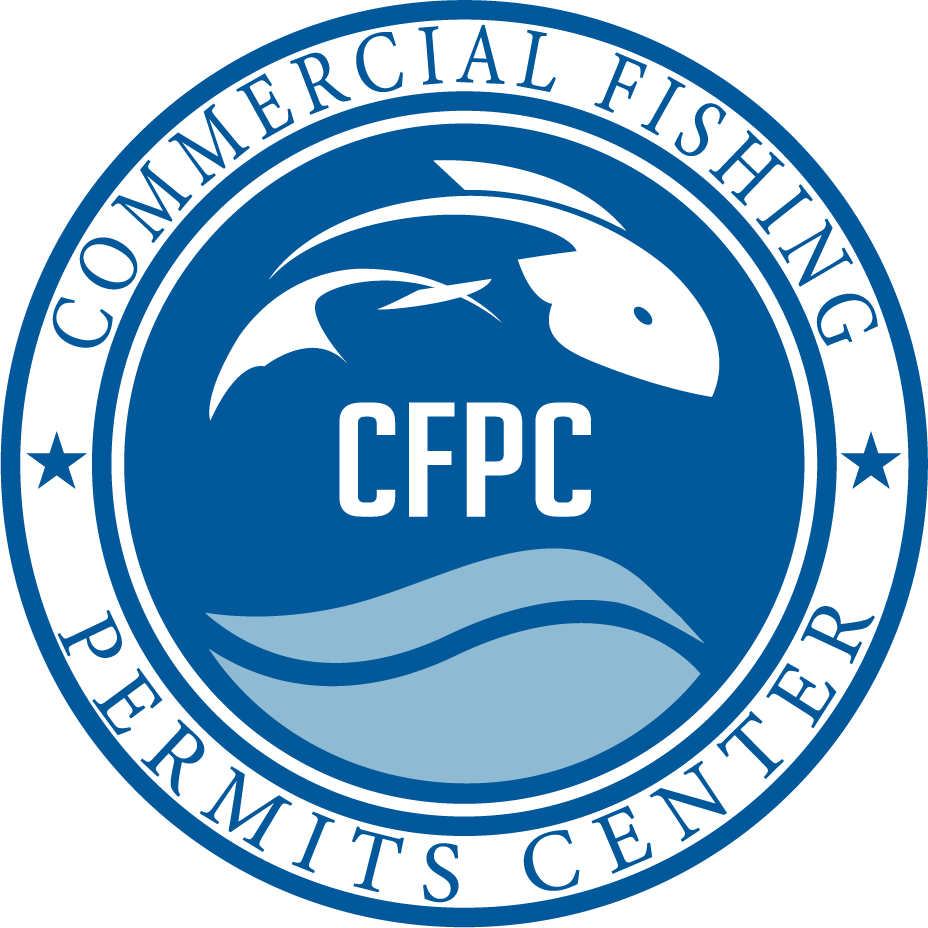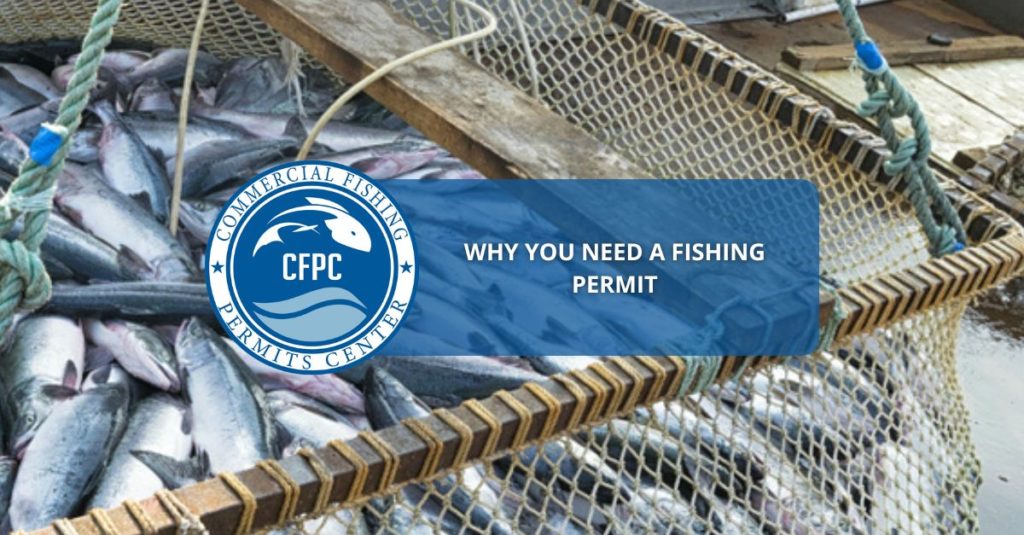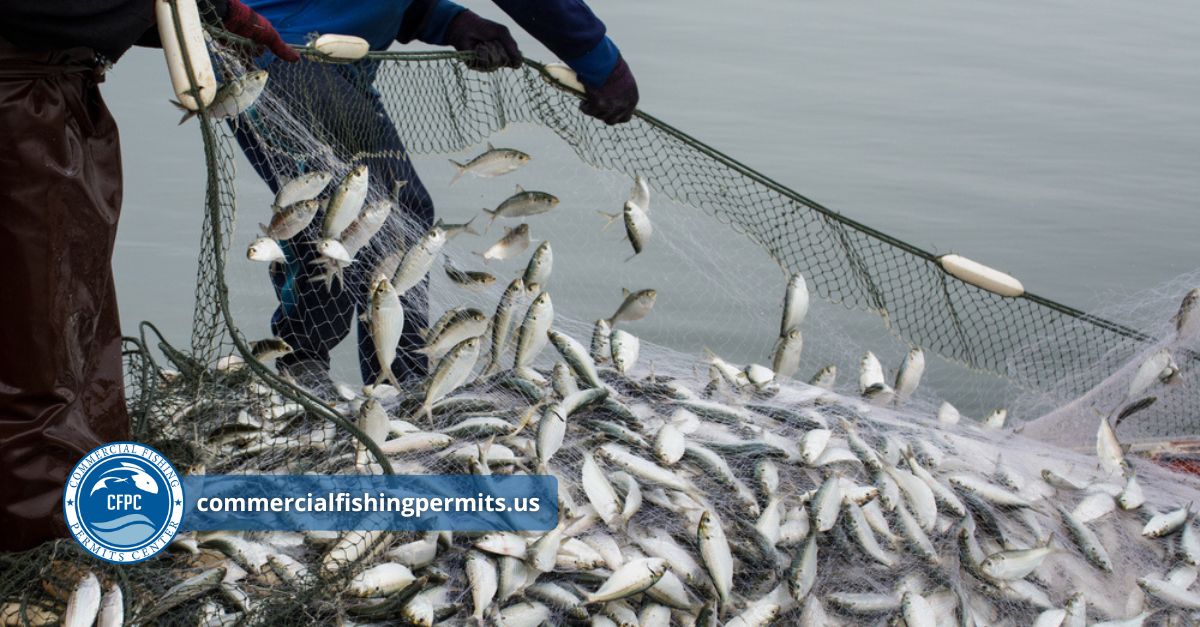As a USCG vessel owner, you are definitely aware of the necessity to strictly follow all the laws and regulations while at sea. No matter how exciting your next off-shore trip may be, make sure your fishing permit is up to date and valid, because it is easier than you think to commit a violation.
Maybe some people would be tempted to not get a permit and simply forget about it, but a fishing license is the most important thing of all. Besides being your ticket to the legal daily and seasonal regulations, it is the very instrument that will be used for the shelter of marine species and fishing grounds for the generations to come.
In the present article, we are going to enumerate and explain the main reasons you should not take a ship out of the harbor without a valid fishing license—from conservation benefits to broader access opportunities—so you can better understand the value of this requirement.
You Can Fish Without Worrying About Legal Trouble
One of the most beneficial aspects of having a fishing license is a feeling of comfort. Should you not have one, you face the consequences of getting fined, being penalized, and even possibly going to court for fishing without the necessary authorization. On the contrary, a valid permit will allow you to fish as you wish without any qualms regarding the law.
On top of that, a fishing license also grants access to a great variety of resources and opportunities that may enrich the experience. Conversely, fishing without a license not only exposes you to heavy fees but also takes away from your community the important revenue it needs and the fair sharing of the waters that belong to all.
In other words, when you get your license, you are saving yourself time, money as well as unnecessary stress—all at the same time you are helping to ensure fishing opportunities are preserved for everyone.
A Fishing Permit Protects Your Health
Fishing is often praised for the dual benefits that it brings to both the physical and the mental health of the practitioner. A day on the water can help clear your mind, lower stress, and even be a good exercise. However, fishing in a responsible manner also means fishing in a safe way—and it all comes down to a valid license.
Indeed, a license means you are following the rules that have been put in place to protect fish populations as well as water bodies. Without it, you are exposed to fines, and legal issues, or even worse. There are some species that are totally protected, and it is strictly forbidden to remove them from rivers, lakes, or streams without consent.
By securing a fishing license, you not only protect yourself from legal issues, thus promoting your health, but also manifest your respect for the environment and help maintain the sustainability of fisheries for the future.
Fishing Permits Help With Conservation Efforts
One would be really mistaken to see fishing permits simply as the means through which the government fishes money out of our pockets. In reality, they are doing much bigger things. A correct fishing license is one of the most effective ways to keep nature clean and on top of that to maintain fish populations healthy.
By characterizing who is fishing and what place is, the states are able to regulate better the habitats and save the ecosystems. The states could also pan for overfishing by issuing fewer licenses. If a lot of anglers are fishing at a particular location, the issuing of licenses will be decreased to help prevent fish numbers from being depleted.
This data is very important in the preservation of fish stock. Fish stock data help the states to keep track of fish populations, to protect species that are on the verge of extinction and to maintain a good balance of the aquatic ecosystems. To sum up, every fishing permit helps to keep the waters clean and also makes sure that future generations can have access to fishing.
Law Requires It
Fishing is one of the oldest human traditions, and it remains one of the favorite ways families spend time outdoors even today. It is cheap, relaxing, and a great escape from the fast pace of life. However, before you can legally fish, the law requires you to obtain a proper fishing permit.
Licenses are more than just a formality—they are the government’s effort to maintain fish populations at a healthy level. Setting the times for fishing, the number of fish that can be caught, and other regulations are ways by which the authorities can keep overfishing at bay and, at the same time, ensure that local waters remain sustainable. Having a fishing license is, therefore, the most lawful and responsible way of fishing.
Luckily, getting one is very easy. You can find out from your state or province the location of the application office, and then once you have it, you can fish with a clear conscience because you will be playing your part in the conservation of this ageless activity.
You’ll Save Money
Fishing permission does not only keep you on the legal side, but it can also be a great saving to you. By having an appropriate license, you are able to go fishing in private lakes, reservoirs, ponds, and in a great number of states, the sea as well. If you do not have a permit, you may be required to pay individually for the access, as most of the waters—both public and private—are under property rights and owner regulations.
There are instances where landowners demand money to enable others to fish on their properties. With the help of a fishing license, you are most likely to have access not only to the public waterways but also to the approved private areas, which means that you will have to pay less money. It is always a good idea to know if a permit is necessary and what regulations apply to your selected spot before setting off on your adventure.
The Commercial Fishing Permits Center is the only help you have if you cannot decide which license is suitable for you. We are the team that answers your questions on permits, fishing methods, and requirements, thus, you can relax and have fun fishing rather than being caught up in the paperwork.



No Comments
Be the first to start a conversation